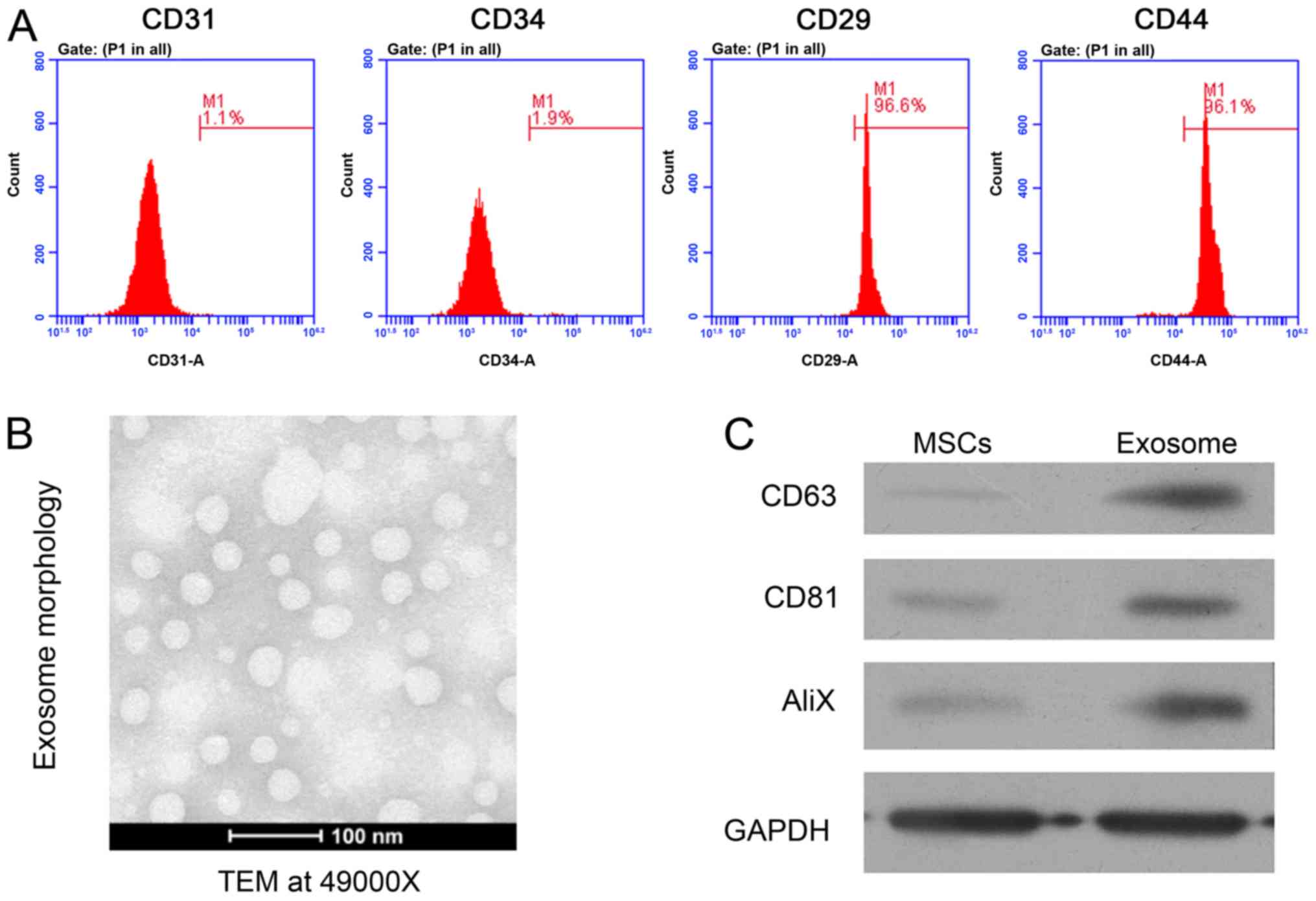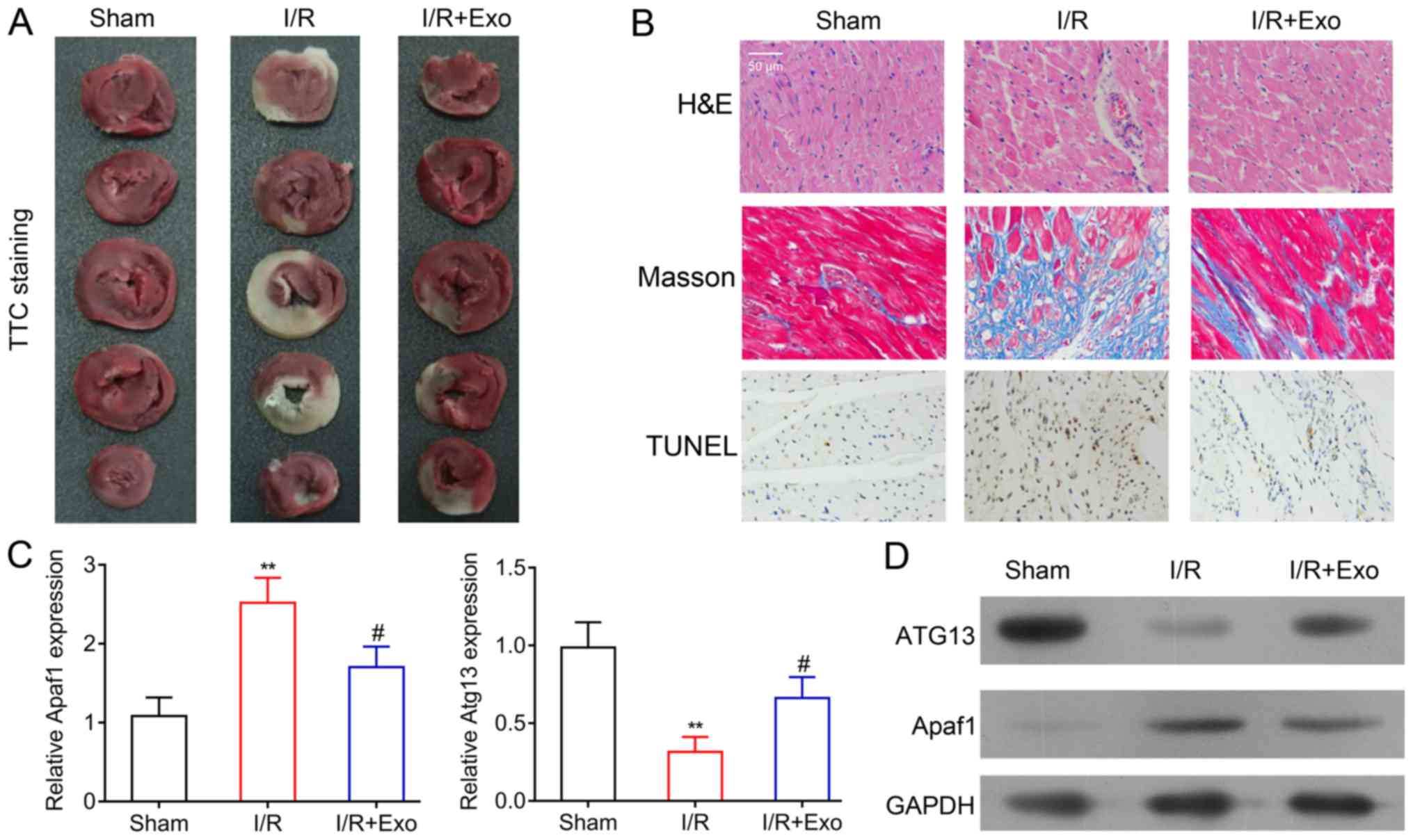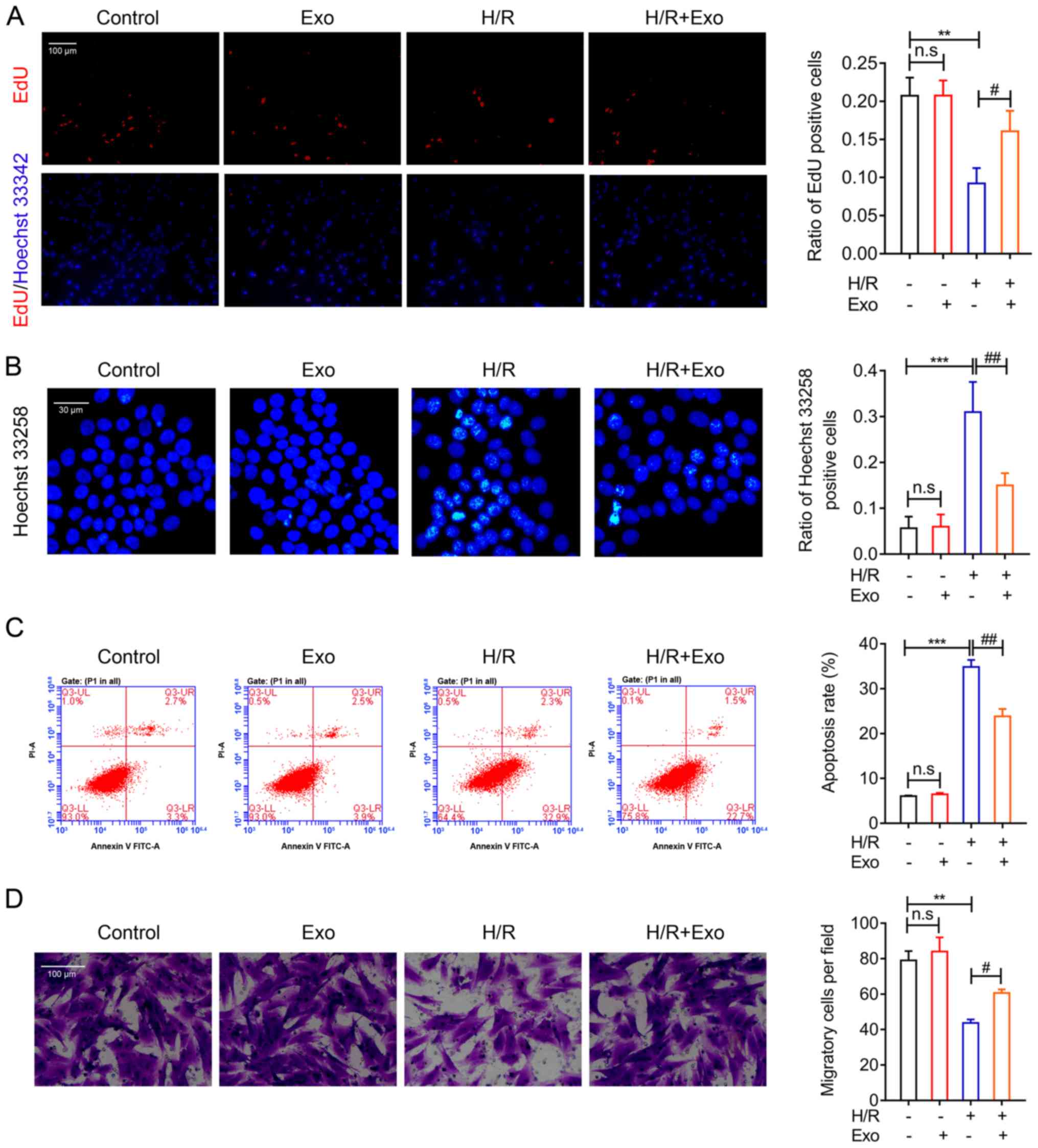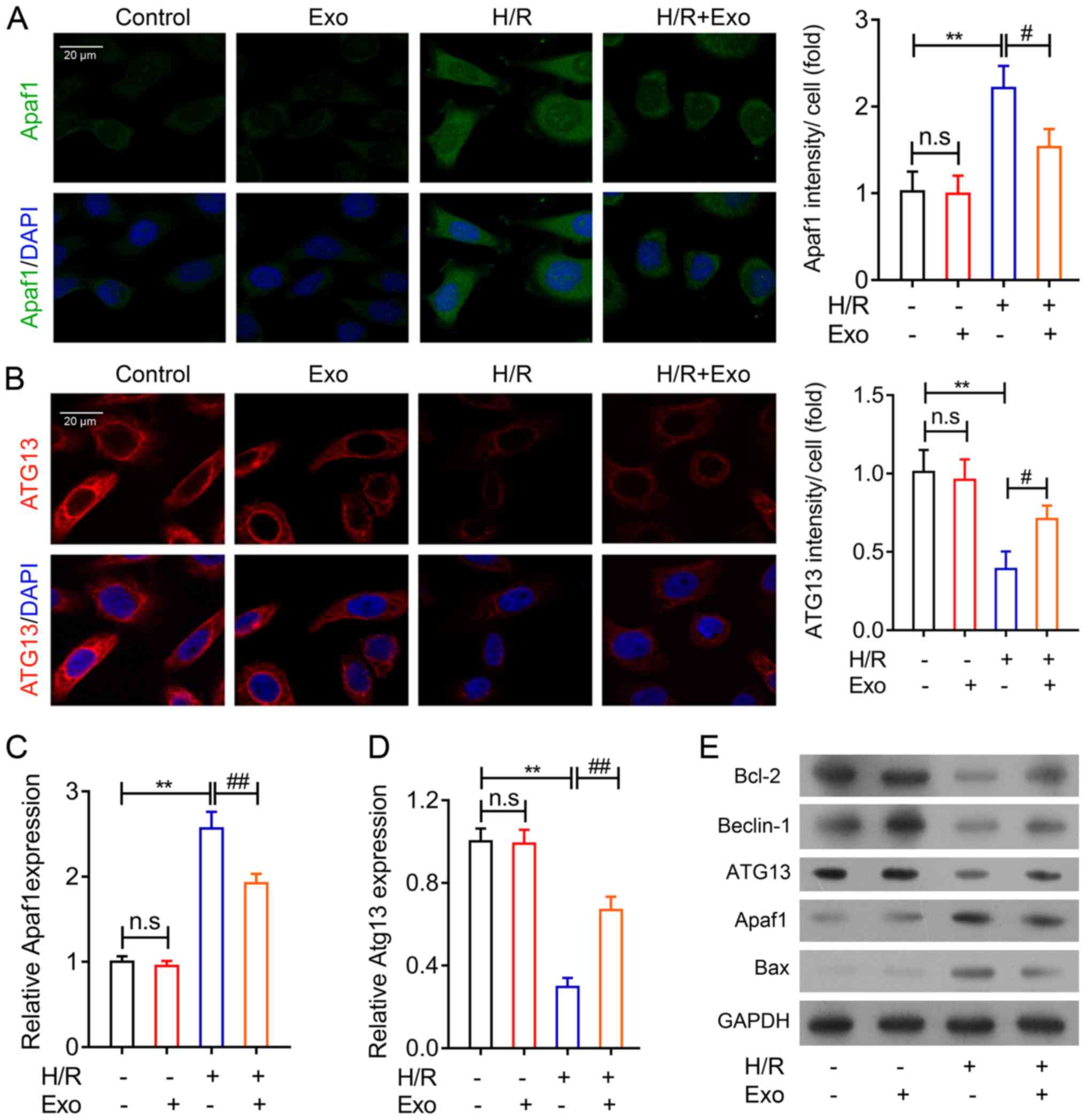|
1
|
Thygesen K, Alpert JS and White HD; Joint
ESC/ACCF/AHA/WHF Task Force for the Redefinition of Myocardial
Infarction, : Universal definition of myocardial infarction. Eur
Heart J. 28:25252008.
|
|
2
|
GBD 2016 Disease, Injury Incidence and
Prevalence Collaborators: Global, regional, and national incidence,
prevalence, and years lived with disability for 328 diseases and
injuries for 195 countries, 1990–2016: A systematic analysis for
the Global Burden of Disease Study 2016. Lancet. 390:1211–1259.
2017. View Article : Google Scholar : PubMed/NCBI
|
|
3
|
Levine GN, Dai X, Henry TD, Calfon Press
M, Denktas AE, Garberich RF, Jacobs AK, Jaski BE, Kaul P, Kontos
MC, et al: In-hospital ST-segment elevation myocardial infarction:
Improving diagnosis, triage, and treatment. JAMA Cardiol.
3:527–531. 2018. View Article : Google Scholar : PubMed/NCBI
|
|
4
|
Varghese T, Hayek SS, Shekiladze N,
Schultz WM and Wenger NK: Psychosocial risk factors related to
ischemic heart disease in women. Curr Pharm Des. 22:3853–3870.
2016. View Article : Google Scholar : PubMed/NCBI
|
|
5
|
Abbate A, Salloum FN, Vecile E, Das A,
Hoke NN, Straino S, Biondi-Zoccai GG, Houser JE, Qureshi IZ, Ownby
ED, et al: Anakinra, a recombinant human interleukin-1 receptor
antagonist, inhibits apoptosis in experimental acute myocardial
infarction. Circulation. 117:2670–2683. 2008. View Article : Google Scholar : PubMed/NCBI
|
|
6
|
Riquelme JA, Chavez MN, Mondaca-Ruff D,
Bustamante M, Vicencio JM, Quest AF and Lavandero S: Therapeutic
targeting of autophagy in myocardial infarction and heart failure.
Expert Rev Cardiovasc Ther. 14:1007–1019. 2016. View Article : Google Scholar : PubMed/NCBI
|
|
7
|
Bravo-San Pedro JM, Kroemer G and Galluzzi
L: Autophagy and mitophagy in cardiovascular disease. Circ Res.
120:1812–1824. 2017. View Article : Google Scholar : PubMed/NCBI
|
|
8
|
Ankrum JA, Ong JF and Karp JM: Mesenchymal
stem cells: Immune evasive, not immune privileged. Nat Biotechnol.
32:252–260. 2014. View
Article : Google Scholar : PubMed/NCBI
|
|
9
|
Heirani-Tabasi A, Hassanzadeh M,
Hemmati-Sadeghi S, Shahriyari M and Raeesolmohaddeseen M:
Mesenchymal stem cells; Defining the future of regenerative
medicine. J Genes Cells. 1:34–39. 2015. View Article : Google Scholar
|
|
10
|
Berry MF, Engler AJ, Woo YJ, Pirolli TJ,
Bish LT, Jayasankar V, Morine KJ, Gardner TJ, Discher DE and
Sweeney HL: Mesenchymal stem cell injection after myocardial
infarction improves myocardial compliance. Am J Physiol Heart Circ
Physiol. 290:2196–2203. 2006. View Article : Google Scholar
|
|
11
|
Pak HN, Qayyum M, Kim DT, Hamabe A,
Miyauchi Y, Lill MC, Frantzen M, Takizawa K, Chen LS, Fishbein MC,
et al: Mesenchymal stem cell injection induces cardiac nerve
sprouting and increased tenascin expression in a Swine model of
myocardial infarction. J Cardiovasc Electrophysiol. 14:841–848.
2010. View Article : Google Scholar
|
|
12
|
Price MJ, Chou CC, Frantzen M, Miyamoto T,
Kar S, Lee S, Shah PK, Martin BJ, Lill M, Forrester JS, et al:
Intravenous mesenchymal stem cell therapy early after reperfused
acute myocardial infarction improves left ventricular function and
alters electrophysiologic properties. Int J Cardiol. 111:231–239.
2004. View Article : Google Scholar
|
|
13
|
Mohyeddin-Bonab M, Mohamad-Hassani MR,
Alimoghaddam K, Sanatkar M, Gasemi M, Mirkhani H, Radmehr H, Salehi
M, Eslami M, Farhig-Parsa A, et al: Autologous in vitro expanded
mesenchymal stem cell therapy for human old myocardial infarction.
Arch Iran Med. 10:467–473. 2007.PubMed/NCBI
|
|
14
|
Du YY, Zhou SH, Zhou T, Su H, Pan HW, Du
WH, Liu B and Liu QM: Immuno-inflammatory regulation effect of
mesenchymal stem cell transplantation in a rat model of myocardial
infarction. Cytotherapy. 10:469–478. 2008. View Article : Google Scholar : PubMed/NCBI
|
|
15
|
Deuse T, Peter C, Fedak PW, Doyle T,
Reichenspurner H, Zimmermann WH, Eschenhagen T, Stein W, Wu JC,
Robbins RC and Schrepfer S: Hepatocyte growth factor or vascular
endothelial growth factor gene transfer maximizes mesenchymal stem
cell-based myocardial salvage after acute myocardial infarction.
Circulation 120 (11 Suppl). S247–S254. 2009. View Article : Google Scholar
|
|
16
|
Liang X, Ding Y, Zhang Y, Chai YH, He J,
Chiu SM, Gao F, Tse HF and Lian Q: Activation of NRG1-ERBB4
signaling potentiates mesenchymal stem cell-mediated myocardial
repairs following myocardial infarction. Cell Death Dis.
6:e17652015. View Article : Google Scholar : PubMed/NCBI
|
|
17
|
Song YS, Joo HW, Park IH, Shen GY, Lee Y,
Shin JH, Kim H and Kim KS: Bone marrow mesenchymal stem
cell-derived vascular endothelial growth factor attenuates cardiac
apoptosis via regulation of cardiac miRNA-23a and miRNA-92a in a
rat model of myocardial infarction. PLoS One. 12:e01799722017.
View Article : Google Scholar : PubMed/NCBI
|
|
18
|
Min PK and Chan SY: The biology of
circulating microRNAs in cardiovascular disease. Eur J Clin Invest.
45:860–874. 2015. View Article : Google Scholar : PubMed/NCBI
|
|
19
|
Singla DK: Stem cells and exosomes in
cardiac repair. Curr Opin Pharmacol. 27:19–23. 2016. View Article : Google Scholar : PubMed/NCBI
|
|
20
|
Li Y, Zheng Q, Bao C, Li S, Guo W, Zhao J,
Chen D, Gu J, He X and Huang S: Circular RNA is enriched and stable
in exosomes: A promising biomarker for cancer diagnosis. Cell Res.
25:981–984. 2015. View Article : Google Scholar : PubMed/NCBI
|
|
21
|
Taylor DD and Gerceltaylor C: MicroRNA
signatures of tumor-derived exosomes as diagnostic biomarkers of
ovarian cancer. Gynecol Oncol. 110:13–21. 2008. View Article : Google Scholar : PubMed/NCBI
|
|
22
|
Liu H, Gao W, Yuan J, Wu C, Yao K, Zhang
L, Ma L, Zhu J, Zou Y and Ge J: Exosomes derived from dendritic
cells improve cardiac function via activation of CD4(+) T
lymphocytes after myocardial infarction. J Mol Cell Cardiol.
91:123–133. 2016. View Article : Google Scholar : PubMed/NCBI
|
|
23
|
Khan M, Nickoloff E, Abramova T, Johnson
J, Verma SK, Krishnamurthy P, Mackie AR, Vaughan E, Garikipati VN,
Benedict C, et al: Embryonic stem cell-derived exosomes promote
endogenous repair mechanisms and enhance cardiac function following
myocardial infarction. Circ Res. 117:52–64. 2015. View Article : Google Scholar : PubMed/NCBI
|
|
24
|
Lai RC, Arslan F, Lee MM, Sze NS, Choo A,
Chen TS, Salto-Tellez M, Timmers L, Lee CN, El Oakley RM, et al:
Exosome secreted by MSC reduces myocardial ischemia/reperfusion
injury. Stem Cell Res. 4:214–222. 2010. View Article : Google Scholar : PubMed/NCBI
|
|
25
|
Zhang L and Chan C: Isolation and
enrichment of rat mesenchymal stem cells (MSCs) and separation of
single-colony derived MSCs. J Vis Exp. 37:e1852010.
|
|
26
|
Boxall S and Jones E: The use of
multiparameter flow cytometry and cell sorting to characterize
native human bone marrow mesenchymal stem cells (MSC). Methods Mol
Biol 1235. 121–130. 2015. View Article : Google Scholar
|
|
27
|
Jia X, Zhang L and Mao X: S-propranolol
protected H9C2 cells from ischemia/reperfusion-induced apoptosis
via downregultion of RACK1 Gene. Int J Clin Exp Pathol.
8:10335–10344. 2015.PubMed/NCBI
|
|
28
|
Livak KJ and Schmittgen TD: Analysis of
relative gene expression data using real-time quantitative PCR and
the 2(-Delta Delta C(T)) method. Methods. 25:402–408. 2001.
View Article : Google Scholar : PubMed/NCBI
|
|
29
|
Van NG, Porto-Carreiro I, Simoes S and
Raposo G: Exosomes: A common pathway for a specialized function. J
Biochem. 140:13–21. 2006. View Article : Google Scholar : PubMed/NCBI
|
|
30
|
Silva AM, Teixeira JH, Almeida MI,
Gonçalves RM, Barbosa MA and Santos SG: Extracellular Vesicles:
Immunomodulatory messengers in the context of tissue
repair/regeneration. Eur J Pharm Sci. 98:86–95. 2017. View Article : Google Scholar : PubMed/NCBI
|
|
31
|
Liao W, Yang S, Song C, Li X, Li Y and
Xiong Y: Construction of ureteral grafts by seeding bone marrow
mesenchymal stem cells and smooth muscle cells into bladder
acellular matrix. Transplantat Proc. 45:730–734. 2013. View Article : Google Scholar
|
|
32
|
Yoshida H, Kong YY, Yoshida R, Elia AJ,
Hakem A, Hakem R, Penninger JM and Mak TW: Apaf1 is required for
mitochondrial pathways of apoptosis and brain development. Cell.
94:739–750. 1998. View Article : Google Scholar : PubMed/NCBI
|
|
33
|
Jung CH, Jun CB, Ro SH, Kim YM, Otto NM,
Cao J, Kundu M and Kim DH: ULK-Atg13-FIP200 complexes mediate mTOR
signaling to the autophagy machinery. Mol Biol Cell. 20:1992–2003.
2009. View Article : Google Scholar : PubMed/NCBI
|
|
34
|
Jana S, Patel D, Patel S, Upadhyay K,
Thadani J, Mandal R, Das S and Devkar R: Anthocyanin rich extract
of Brassica oleracea L. alleviates experimentally induced
myocardial infarction. PLoS One. 12:e01821372017. View Article : Google Scholar : PubMed/NCBI
|
|
35
|
Liao LZ, Chen YL, Lu LH, Zhao YH, Guo HL
and Wu WK: Polysaccharide from Fuzi likely protects against
starvation-induced cytotoxicity in H9c2 cells by increasing
autophagy through activation of the AMPK/mTOR pathway. Am J Chin
Med. 41:353–367. 2013. View Article : Google Scholar : PubMed/NCBI
|
|
36
|
Lu L, Wu W, Yan J, Li X, Yu H and Yu X:
Adriamycin-induced autophagic cardiomyocyte death plays a
pathogenic role in a rat model of heart failure. Int J Cardiol.
134:92009. View Article : Google Scholar : PubMed/NCBI
|



















